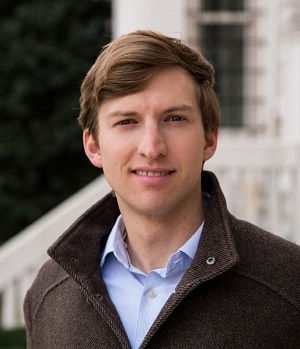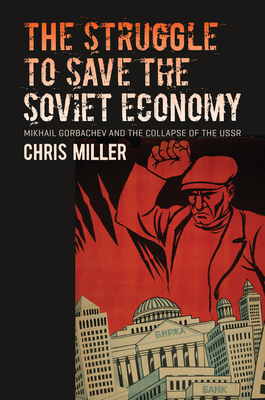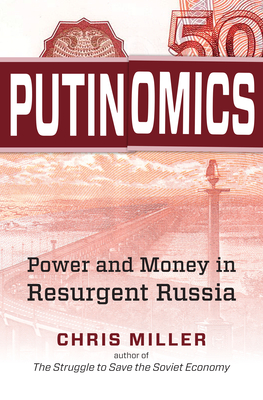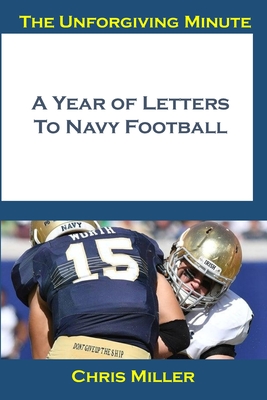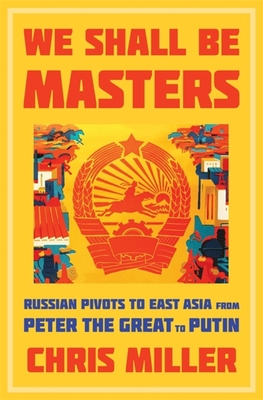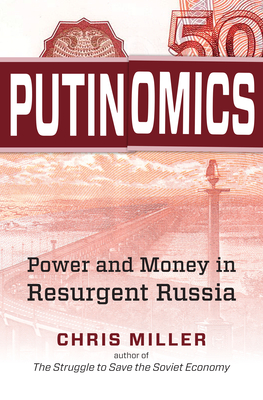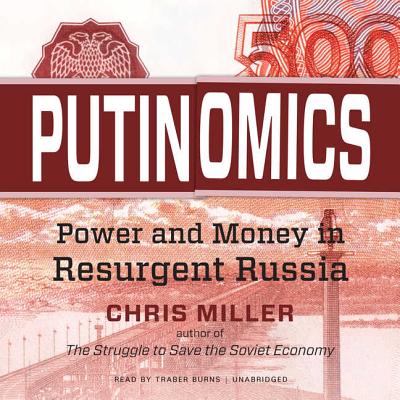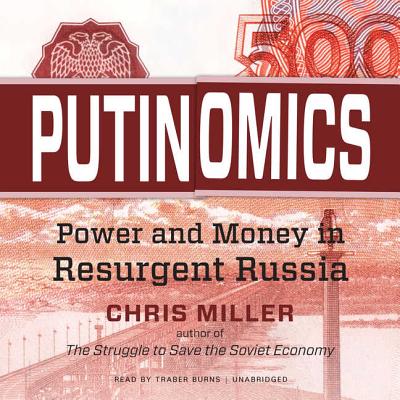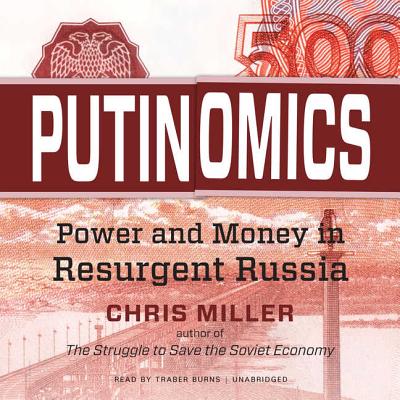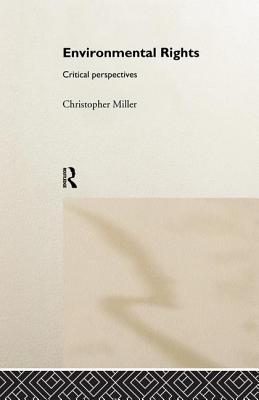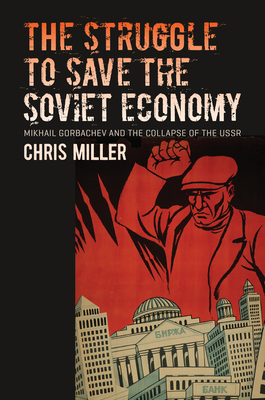
The Struggle to Save the Soviet Economy:Mikhail Gorbachev and the Collapse of the USSR
Interview with Chris Miller
May 12, 2020Sign Up to listen to full interview.
About Chris Miller
Chris Miller is Assistant Professor of International History at the Fletcher School at Tufts University. He is also Eurasia Research Director of the Foreign Policy Research Institute. He is author of The Struggle to Save the Soviet Economy and Putinomics: Power and Money in Resurgent Russia. His articles have been published in academic journals such as Soviet and Post Soviet Review and in popular publications such as The Wall Street Journal. He received his PhD and MA from Yale University and his AB in history from Harvard University.Can Russia Adapt Gas Exports to a Competitive Global Market?
Interview Summary
Only a hundred years ago, Russia was just another large country and was neither a powerful nation nor a regional or a super power. However, after World War I, Lenin and then Stalin quickly consolidated resources and focused on building an effective infrastructure that led to the steady rise of Russia to a regional power. By the time World War II broke out Russia had become a force to reckon with and was miles ahead of Britain and France in producing military hardware.
In his well-researched book, The Struggle to Save Soviet Economy, Professor Chris Miller drives to the heart of the rise, expansion and fall of the Soviet Union. With access to thousands of Russian archived documents, Professor Miller dissects the political tensions, leadership objectives and decision-making processes at the highest echelons of Russia’s power structure.
Founded on Marxism-Leninism ideology, the Soviet Union was fueled to the near top of the world with the help of consolidation of political power in Kremlin, the sacrifice of its people and the fervent desire of its leaders to build a powerful state at the expense of personal liberty and property.
That system, though inefficient, survived more than seven decades and did manage to produce a powerful state that other powers in the world could not ignore. In the late 1970s, Russian leaders’ efforts to modernize the system unleashed forces that neither Politburo nor communist party leader Mikhail Gorbachev was able to contain. The political paralysis produced by powerful forces that opposed economic reforms was the ultimate cause of the Soviet Union’s collapse.
Although the arms race with the West, a sharp fall in crude oil prices – the Soviet Union’s main source of foreign exchange – and significant human losses in the Soviet-Afghan War contributed to the economic pain, they were not the main reasons behind the fall of the Soviet Union.
Key Topics
- How did Russia fight back to become a regional power first and then a superpower in the 20th century?
- What role did Lenin and Stalin play in building and projecting power in the region?
- How effective was central planning in directing resources to the benefit of the state?
- Why did the three pillars of the Soviet economy – agriculture, energy and the military-industrial complex – help Stalin but hindered subsequent leaders’ efforts in modernizing?
- What drove Russia’s shift from central planning to market economy?
- What was the brutal political struggle at the heart of the Soviet state?
- Was Perestroika an attempt to copy the West, and why have most historians overlooked its Asian roots?
- Why was there a cost of transition to capitalism and who ended up paying for it?
- Why did China's style reforms in the Soviet Union fail under Gorbachev’s leadership?
- What were the incentives for economic effectiveness in communism?
- Why historians may have failed to understand central planning, Mikhail Gorbachev and his remaking of the Soviet system?
- Why Kremlin’s response to budget shortfall – printing money and not increasing taxes or cutting spending – was the worst outcome leading to hyperinflation?
- Could authoritarian politics have led the Soviet Union to bypassing the chaos that accompanied the end of state communism?
